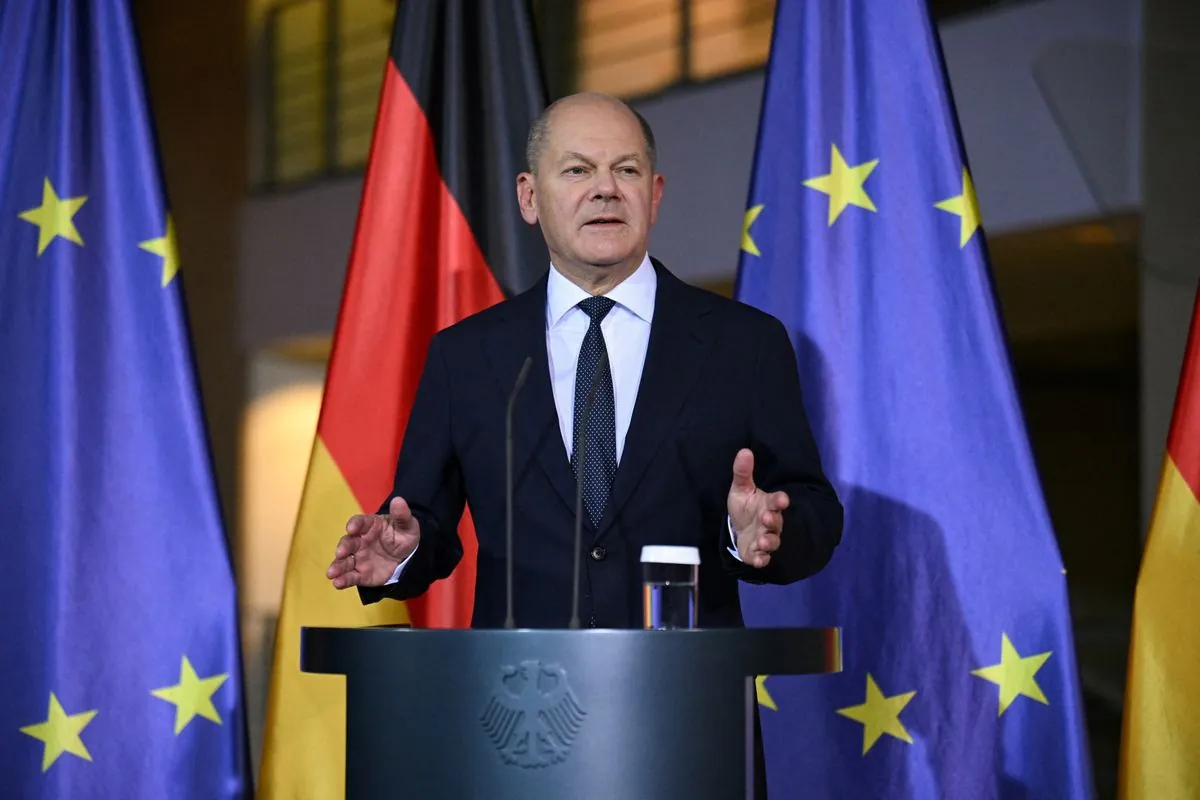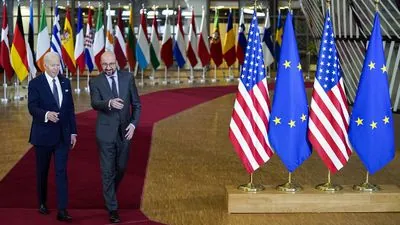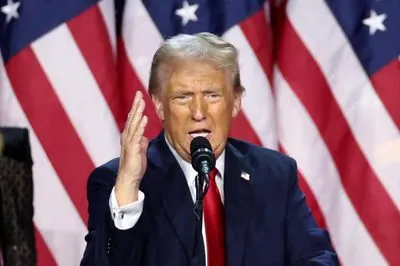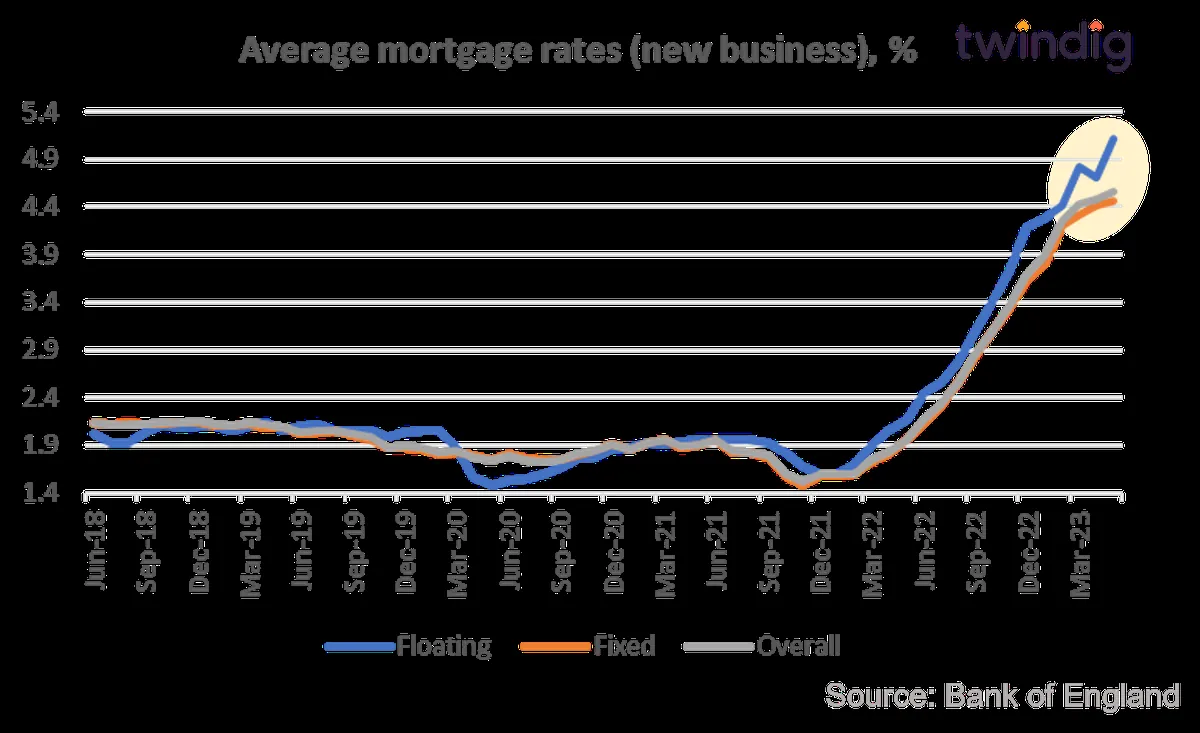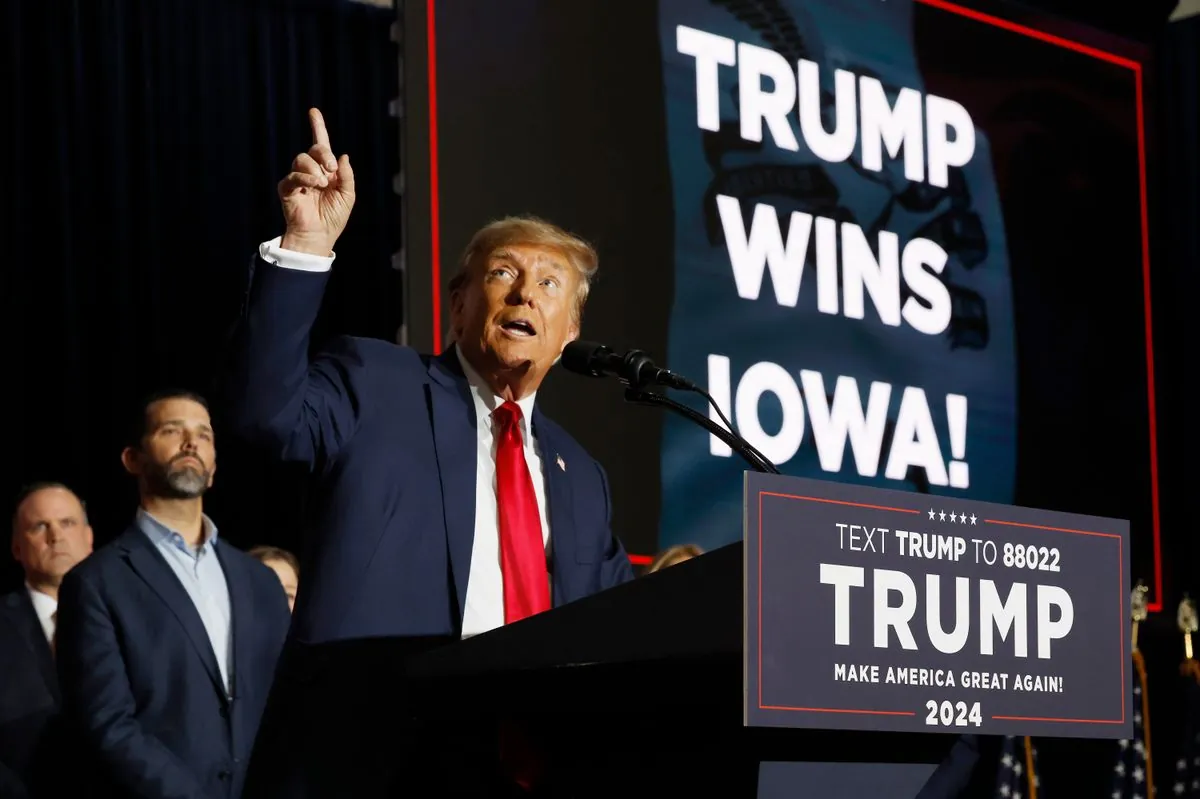Nirmala Sitharaman
Nirmala Sitharaman is an Indian economist, politician and a senior leader of the Bharatiya Janata Party (BJP) serving as the Minister of Finance and Minister of Corporate Affairs of the Government of India since 2019. She is a member of the Rajya Sabha, the upper house of the Indian Parliament, representing Karnataka since 2016 and previously represented Andhra Pradesh from 2014 to 2016. Sitharaman previously served as the 28th Defence Minister from 2017 to 2019, thereby becoming India's second female defence minister and the second female finance minister after Indira Gandhi, and the first full-time female minister to hold each of those portfolios. She served as junior minister in the Modi ministry between 2014 and 2017, holding successive positions, first for her dual appointment as the Minister of State in the Ministry of Finance and the Minister of State in the Ministry of Corporate Affairs from May to November 2014, and then as the Minister of State for the Ministry of Commerce and Industry from May 2014 to September 2017, before being elevated to senior posts within the Union Cabinet.
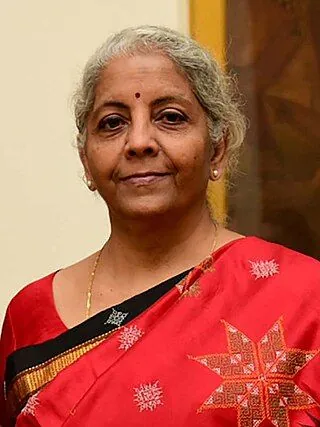
Some of the key events about Nirmala Sitharaman
- 1982Graduated with a Bachelor of Arts degree in economics from Seethalakshmi Ramaswami College
- 1984Completed a Master of Arts degree in economics from Jawaharlal Nehru University
- 2006Joined the Bharatiya Janata Party (BJP)
- 2014Appointed as Minister of State (Independent Charge) for Commerce and Industry
- 2014Faced criticism for wearing expensive designer clothing while representing a party that campaigned on an anti-elite platform
- 2017Became India's first full-time female Defence Minister
- 2017Accused of mishandling the implementation of the Goods and Services Tax, leading to economic disruption
- 2019Appointed as the Minister of Finance and Corporate Affairs, becoming India's first full-time female Finance Minister
- 2019Presented the Union Budget 2019-2020, breaking tradition by carrying budget documents in a traditional 'bahi khata' instead of a briefcase
- 2019Presided over India's economic slowdown, with GDP growth falling to a six-year low
- 2020Announced a ₹20 lakh crore economic package to combat the COVID-19 pandemic's impact on the Indian economy
- 2020Faced backlash for saying millennials' preference for Uber and Ola was a factor in the auto sector slowdown
- 2020Criticized for inadequate economic stimulus measures in response to the COVID-19 pandemic
- 2021Presented the first paperless Union Budget in India's history
- 2021Oversaw a record contraction of the Indian economy during the pandemic year
- 2021Faced allegations of cronyism in the sale of Air India to Tata Group
- 2022Launched the National Logistics Policy to promote seamless movement of goods across the country
- 2022Criticized for high inflation and unemployment rates despite economic recovery claims
- 2023Accused of favoring certain corporations in policy decisions, leading to market concentration concerns
- 2023Faced scrutiny over the Adani Group controversy and its impact on Indian markets
Disclaimer: This material is written based on information taken from open sources, including Wikipedia, news media, podcasts, and other public sources.


